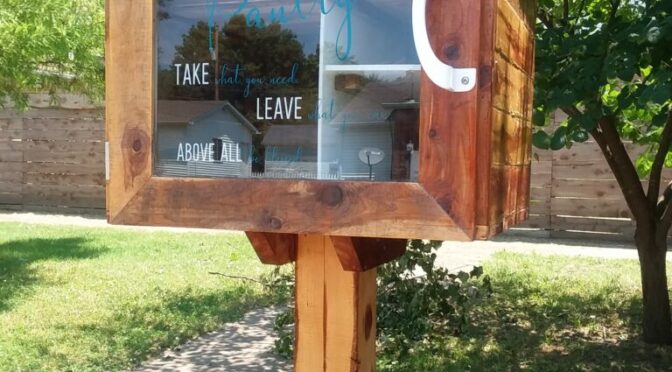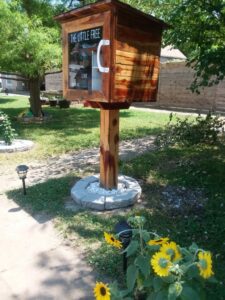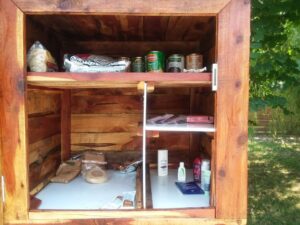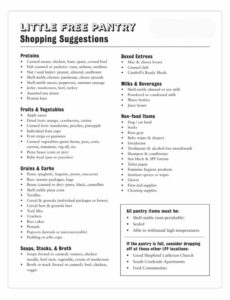Governor Laura Kelly Praises Spirit AeroSystems and their Workers for COVID-19 Ventilator Production
TOPEKA – Governor Laura Kelly today visited and toured Spirit AeroSystems’ new assembly line making ventilators for the COVID-19 pandemic.
As the public health crisis progressed, Spirit shifted their production to making ventilators to ensure hospitals would have the necessary lifesaving equipment to treat COVID-19 patients. The ventilators are portable and suitable for long-term care, ambulatory settings, and ICUs. They are providing the ventilators to local units, FEMA’s strategic stockpile, other states, and countries around the world.
“I applaud Spirit’s quick action to pivot their manufacturing capabilities to produce ventilators, the men and women I met today exemplify what it means to be a Kansan – innovative, courageous, and selfless,” said Governor Kelly. “This crisis has produced many challenges for our families, businesses, and communities. The staff at Spirit are working hard in anticipation of a possible second wave, and we appreciate them for helping not just Kansans, but people across the world.”
Vyaire Medical Inc and Spirit AeroSystems are collaborating to build ventilators at this facility in Wichita in response to COVID-19. Vyaire is the world’s largest healthcare company fully dedicated to respiratory care. This partnership will increase production of ventilators and other related respiratory equipment for COVID-19 patients who need it the most.
In addition to the national stockpile request, Vyaire is working with state and private hospital and health system clients to ensure delivery of ventilators to areas of greatest need. The manufacturing and supply collaboration will help to balance the needs of clinicians urgently treating patients at the bedside with the commitment to fill or replenish strategic stockpiles.
Below are photos available for media use:
https://governor.kansas.gov/wp-content/uploads/2020/06/IMG_0325.jpg
https://governor.kansas.gov/wp-content/uploads/2020/06/IMG_0306.jpg
https://governor.kansas.gov/wp-content/uploads/2020/06/IMG_0299.jpg
https://governor.kansas.gov/wp-content/uploads/2020/06/IMG_0292.jpg
https://governor.kansas.gov/wp-content/uploads/2020/06/IMG_0287.jpg




